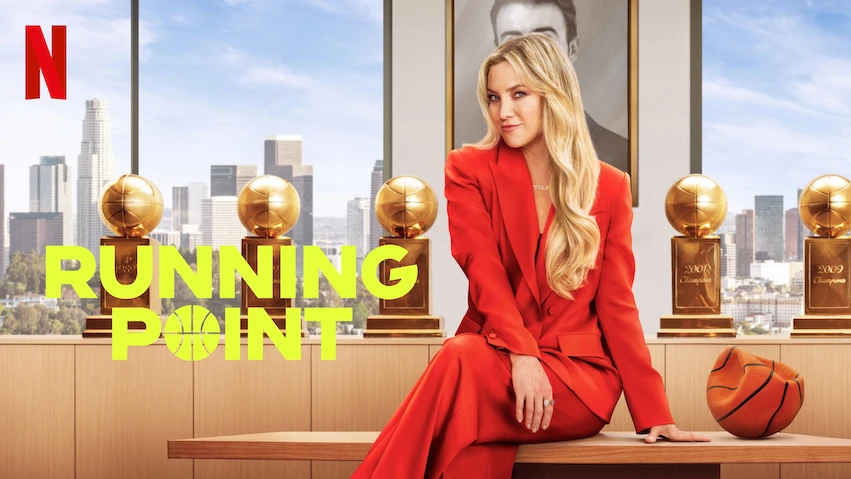
Tobacco marketers face increased restrictions and a highly public mea culpa following a landmark ruling last week in federal court that found the major tobacco companies guilty of racketeering.
The Aug. 17 decision forbids Philip Morris, R.J. Reynolds Tobacco Co. (including Brown & Williamson), Lorillard Tobacco Co. and British American Tobacco Co. from using the descriptors “low tar,” “light,” “ultra light,” “mild,” “natural” or other words that imply that one cigarette is safer or healthier than another.
The civil-court ruling also requires tobacco companies to issue “corrective” statements that will run in ads, on pack, via P-O-P and on corporate Web sites. The statements will acknowledge the health effects of smoking and of secondhand smoke; the addictiveness of nicotine; marketers’ manipulation of recipes to maximize nicotine delivery; and the negligible health difference between “light” and regular cigarettes.
The companies have until Oct. 16 to submit drafts of those statements, which must begin appearing on-pack by February 2007. On-pack statements will run in February, June and October through 2009. Retailers who participate in any of the companies’ merchandising programs must display the P-O-P alongside brand ads with the same frequency, placement and size. Retailers who don’t comply face a one-year suspension from the merchandising program, per court order.
The statements also must run as prime-time TV spots on network television, and as full-page ads in each of 29 city newspapers and six newspaper groups (English and Spanish) specified in the ruling. The judge set a specific schedule for each defendant’s ad to appear in the newspapers’ Sunday editions; TV spots must air weekly on at least one broadcast network (ABC, CBS or NBC) for a year, beginning in February.
The judgment forbids the companies from selling any brands or business to a firm that’s not a defendant in this case without court approval. Even if the court approves a sale, the brands are still governed by the ruling.
The ruling also requires the companies to maintain extensive document databases online through 2016. That’s similar to the document repository established under the 1998 Master Settlement Agreement between the tobacco companies and several states. Many of the internal corporate documents in that “Minnesota Depository” have served as fodder for anti-tobacco campaigns including the American Legacy Foundation’s “truth” campaign and the state of Minnesota’s now-defunct “Target Market” campaign—both credited with cutting teen smoking by exposing tobacco companies’ marketing strategies to attract younger smokers.
Judge Gladys Kessler did not order the companies to pay $10 billion for a smoking cessation program, or $4 billion for a youth-targeted anti-smoking campaign, as the U.S. Department of Justice requested when it filed the suit in 1999, charging the company with racketeering under the RICO Act.
Philip Morris and its parent, Altria Corp., will review and probably appeal the decision, saying it’s unconstitutional and infringes on Congress’ right to regulate tobacco products.
 Network
Network

